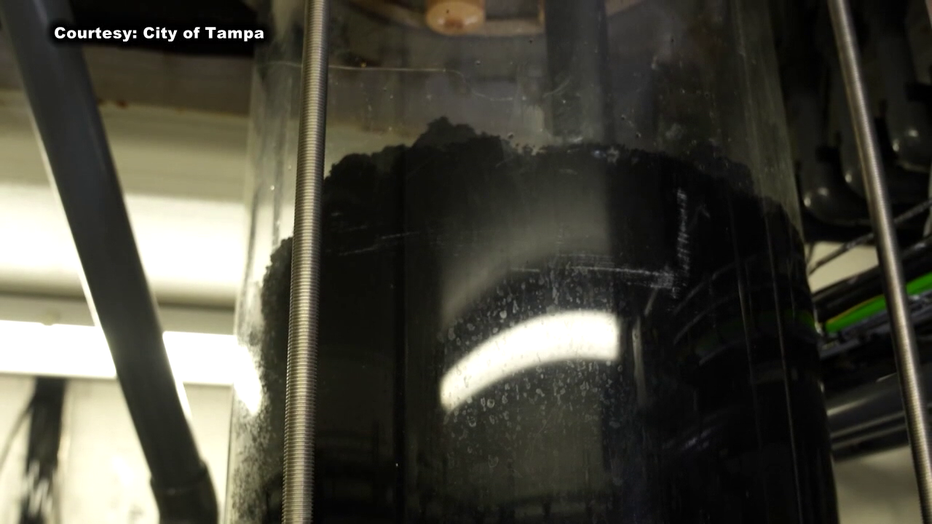Bay Area utilities respond to Biden Administration crackdown on 'forever chemicals' in tap water
Crackdown on 'forever chemicals' in tap water
The Biden Administration has set strict limits on cancer-causing "forever chemicals," or PFAs, in drinking water. That has Bay Area utility providers working to find the best filtration systems.
TAMPA - The Biden Administration is cracking down on utility providers to eliminate cancer-causing, "forever chemicals" detected in tap water.
On Wednesday, Biden announced a $1 billion investment through the administration's Investing in America agenda to help communities fund filtration systems. It's the first nationwide drinking water limit on per-and polyfluoroalkyl substances (PFAS).
"Forever chemicals" have been linked to cancer, low birth weight, and liver failure.
"Forever chemicals are man-made substances, and they’ve been used since the 1940s in things, consumer products like Teflon-coated materials, Teflon pans, non-stick things, oil resistant, water-resistant materials," Brandon Moore, Public Communications Manager for Tampa Bay Water, said.
Bay Area water providers have already begun to prepare for this change. Tampa Bay Water, which serves 2.5 million customers in Hillsborough, Pasco, and Pinellas Counties, in addition to New Port Richey and St. Petersburg, hopes to invest in a filtration system soon.
But first, staff need to finish up the last round of a year-long water quality test to submit to the EPA. Findings will help staff better understand what kind of system to go with.
READ: DeSantis signs five laws, including domestic violence legislation inspired by Gabby Petito
"We would use technologies identified by the EPA as most effective for treating PFAS. Suspended ionic exchange, granular activated carbon, or reverse osmosis," Moore said.
Meanwhile, the City of Tampa is slightly further ahead in the process. Last December, the city announced a new Suspended Ionic Exchange (SIX) System. The project is still in the design phase.

"There are larger ones overseas, but this would be the first and largest of its kind in North America," Water Production Manager John Ring said. Ring believes the system will be up and running by 2030.
SIGN UP: Click here to sign up for the FOX 13 daily newsletter
"The levels that we are detecting in our water supply is just at or 1.5-times the threshold of being able to detect it today," Ring said.
Utility groups that are not as far along have expressed concern, fearing the change will cost tens of billions of dollars. Another big concern is the smaller communities with few resources. Experts believe the EPA can expect to see several legal challenges.
For its part, the EPA says the bipartisan infrastructure law will help pay for upgrades.
WATCH FOX 13 NEWS

